

 Potholes are deteriorating into manholes on major highways, with erosion stifling many communities in the Bono Region, a major food basket of the nation.
Potholes are deteriorating into manholes on major highways, with erosion stifling many communities in the Bono Region, a major food basket of the nation.
Despite the region’s contributions to national food sustainability and security, road networks connecting major food producing communities remain inaccessible as successive governments fail to put the road network into good shape.
The government’s “Big Push” infrastructure initiative to provide hope for Bono people, as they highly anticipate the implementation of the intervention with joy and ecstasy.
Big Push
President John Dramani Mahama highlighted the $10 billion “Big Push” infrastructure initiative as a cornerstone to renew the nation’s infrastructural development agenda, during his “Thank You” tour of the region.
That inspires the people of the region, expecting to see the resumption and completion of the abandonment of construction works of some critical roads like Sunyani Inner and Outer Ring roads, in the regional capital.
In fact, the chiefs and people of the region highly anticipate the reshaping of the poor condition of the Berekum-Sampa, Sampa-Wenchi, and the Sunyani-Techiman Highways and Kumasi highways as well as the Odomase-Badu and the Kyeremasu-Gambia Number Two roads.
Their expectations emanated from President Mahama’s promise to capture those roads in the “Big Push” and thereby improve their deplorable condition, when he addressed a durbar of the chiefs and people of the region at the Sunyani Jubilee Park during his tour.
President Mahama pledged: “The Bono Region cannot be left behind because infrastructure is the backbone of development and my government remains committed to delivering durable, quality roads that will transform lives.”
Since then, the people of the region have been optimistic, waiting patiently to see earth moving machines on those roads.
State of road networks
Bono is often described as a major agricultural breadbasket of the nation, contributing significantly to the national food supply chains.
Yet, the region’s road networks connecting farming communities to market centers remain in disrepair, threatening both the economic livelihoods of the people and food security in general.
Key economic routes like Sunyani-Chiraa-Techiman, Berekum-Sampa, Sunyani-Kenyasi, and Sunyani-Wenchi highways have deteriorated beyond repair.
As commercial drivers complain about frequent vehicle breakdowns, passengers and traders go through recurring armed robbery attacks.
Even some access roads in Sunyani, the regional capital, remained inaccessible, dirtying the beauty of the capital and denying access to essential services as potholes and erosion took over the roads.
Concerns
Despite the ambitious government’s blueprint, skepticism persists among some chiefs, farmers, driver unions, repeatedly calling attention to the region’s road infrastructure deficit.
Osagyefo Oseadeeyo Agyemang Badu II, President of the Bono Regional House of Chiefs had severally bemoaned the poor state of roads in the region.
The President of the House, also the Paramount Chief of the Dormaa Traditional Area, has been a staunch advocate for the rehabilitation and expansion of roads and highways in the region.
Mr Bernard Adu-Ohene, a cashew farmer in Suma-Ahenkro in the Jaman North District of the Region also expressed concern about the deplorable condition of the Berekum-Sampa road in particular, undermining the area’s potential as a major cashew producing hub.
He said: “Transporting cashew is now risky and costly because trucks are often broken down leading to huge financial losses”, noting that the region was the leading supplier of raw cashew nuts, however, persistent logistical challenges “are stalling the economic activities”.
Mr Adu-Ohene said improved road networks would boost exports, widen the nation’s foreign exchange earnings, and attract investments for job creation and poverty reduction, saying “better roads create jobs for youth, improve livelihoods, and help reduce crime”.
Some residents along the Jinijini-Sampa stretch said they were also unhappy about the poor condition of the road which had slowed down their economic activities.
They said they were optimistic that rehabilitating some of the roads could unlock substantial economic gains for the region by facilitating access to domestic and international markets, particularly for cashew exports and other food crops distribution.
According to them Bono’s proximity to Côte d’Ivoire positioned the region as a strategic corridor for cross-border trade.
Nana Ansu Gyeabour, the Bono Regional Chairman of the Ghana Private Road Transport Union (GPRTU), lauded the government’s “Big Push” intervention and expressed the hope that some highways which had been earmarked would be reshaped under the initiative.
The way forward
As the government’s technical evaluation approaches conclusion and construction companies get ready to begin work, the locals are highly hopeful for improved road infrastructure in the region to spur economic growth and development.
Convincingly, the successful execution of the “Big Push” in the Bono Region largely depends on not just prompt reconstruction of the road networks, but also transparency, inclusivity and sense of ownership.
By Benjamin Akoto
Source: GNA
The post The Big Push – Hope for reshaping bad road networks in Bono Region appeared first on Ghana Business News.
Read Full Story


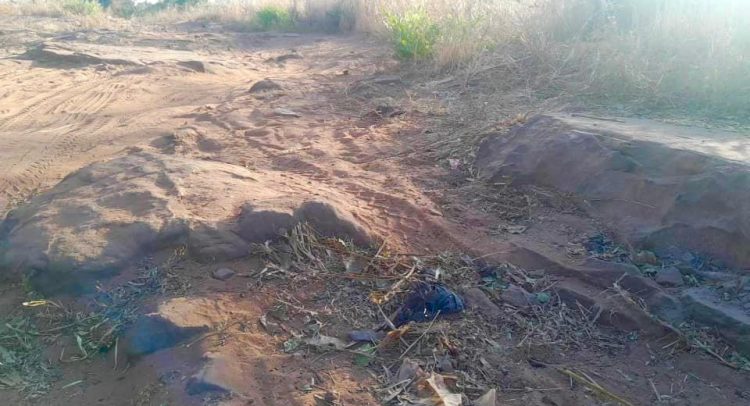

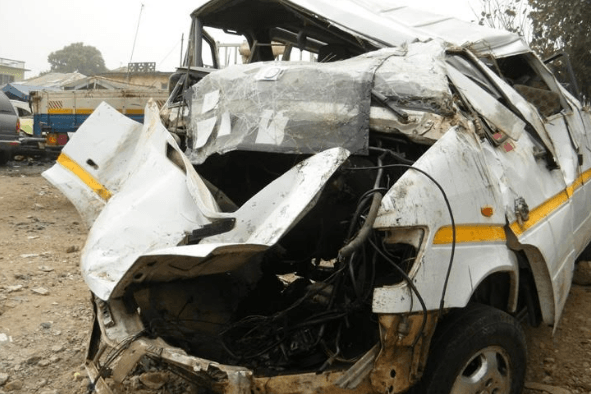



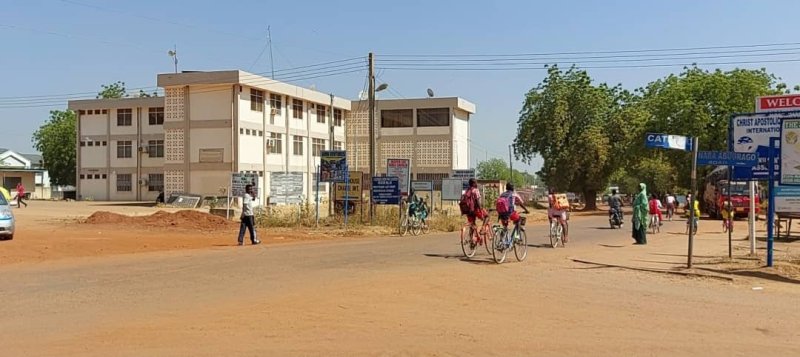

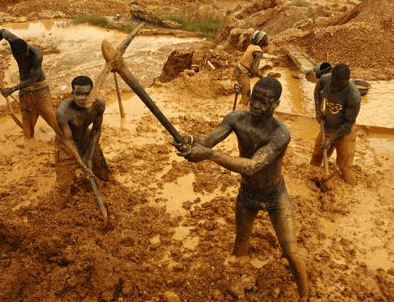



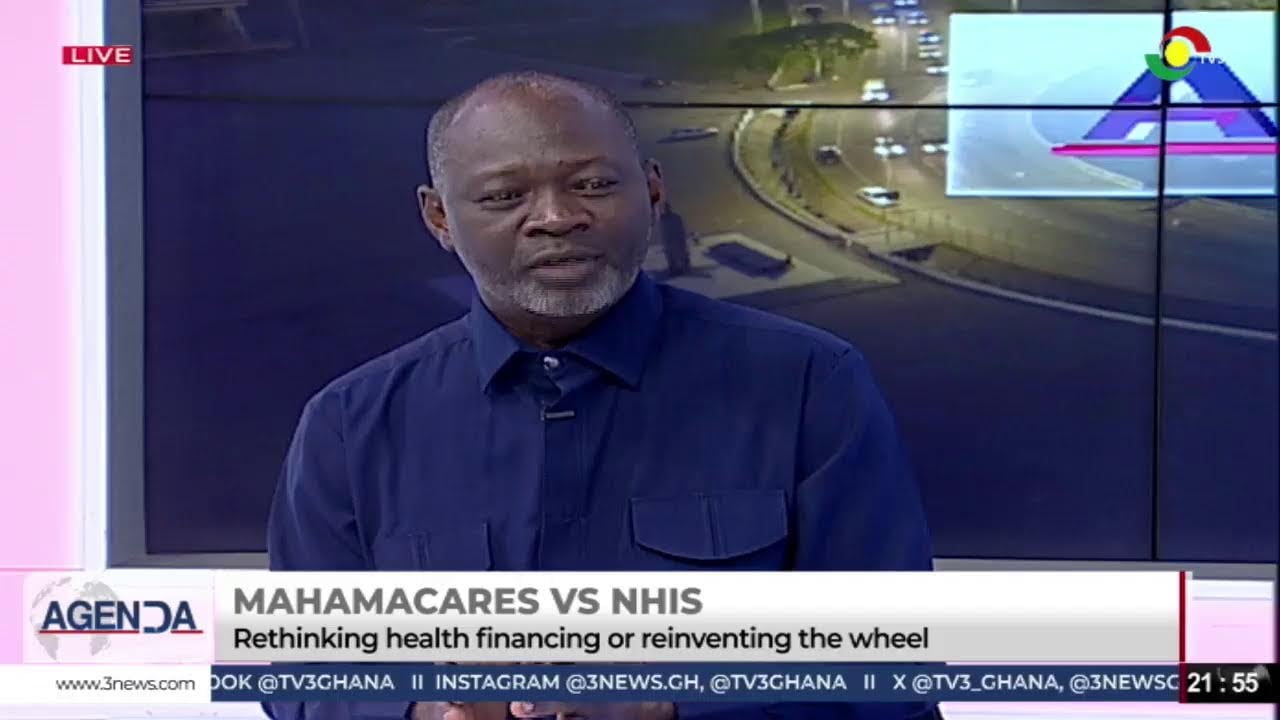
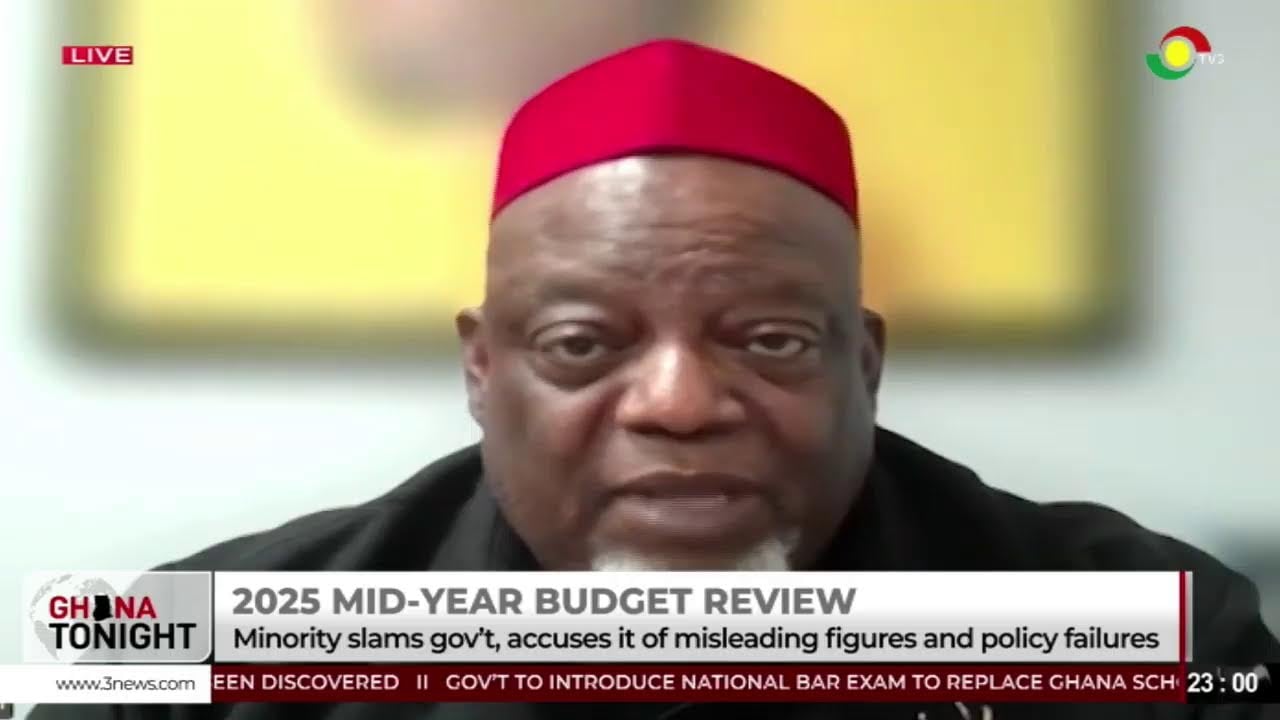
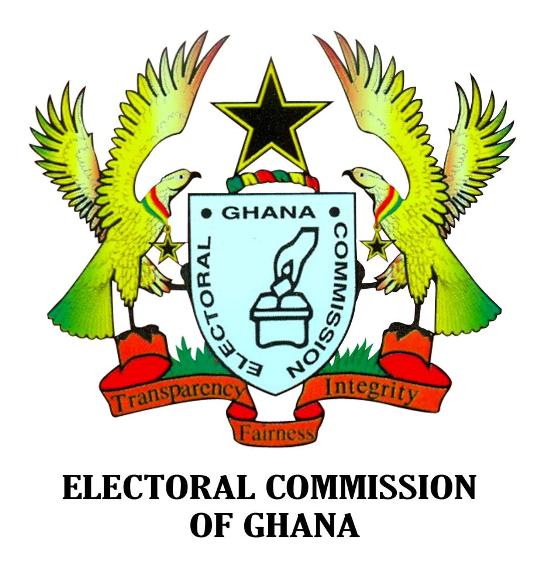








Facebook
Twitter
Pinterest
Instagram
Google+
YouTube
LinkedIn
RSS